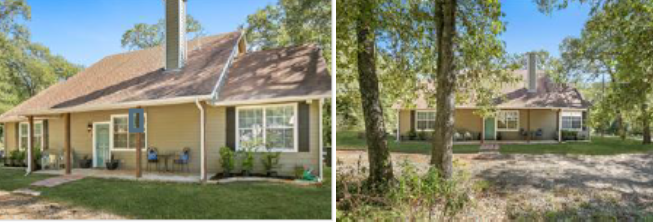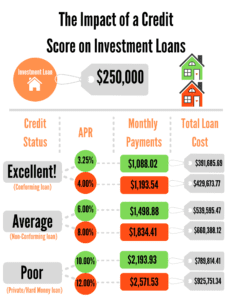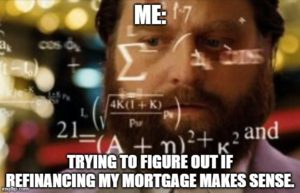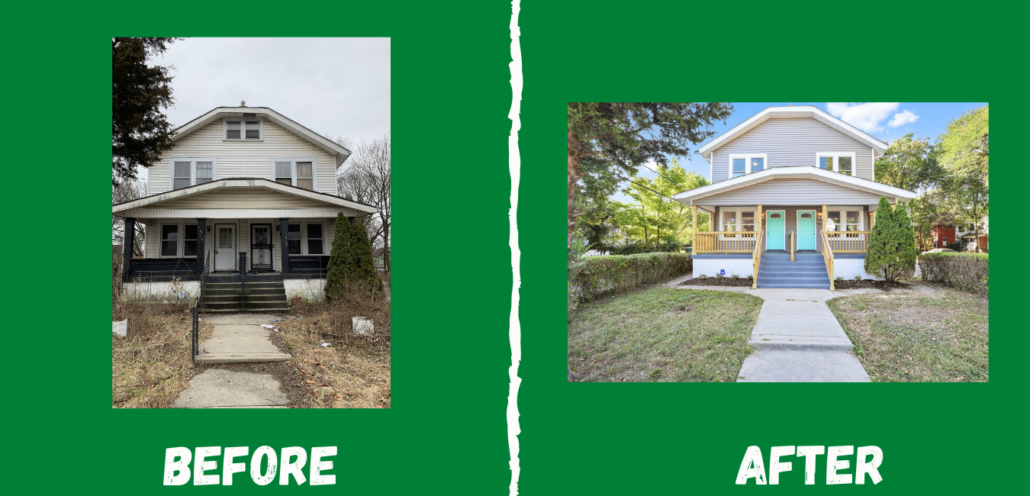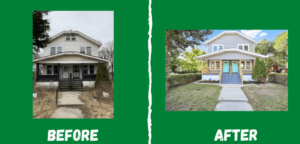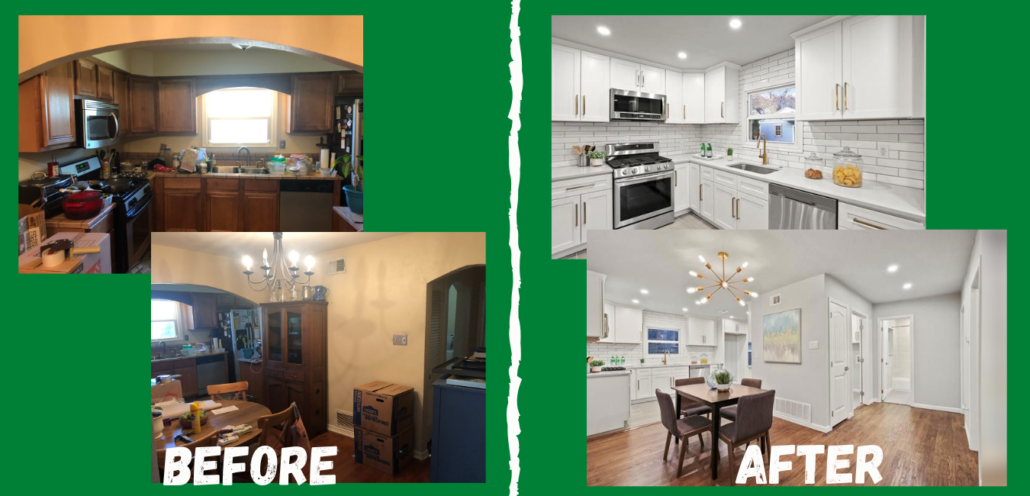How To Refinance and Boost Your Cash Flow
Today, let’s explore how to refinance and boost your cash flow.
It’s probably pretty safe to say that in the real estate world, cash flow is KING! Because cash flow makes life flow.
But what does cash flow mean to you? Because it comes in all shapes and sizes.
What cash flow means to one investor might be very different from another.
Let’s look at an example.
We have 3 real estate investors: John, Jane, and Jack.
John likes to focus on putting less money down so he can keep more money in his pocket.
Jane likes to focus on making consistent monthly income.
And Jack likes to focus on using cash-out refinancing to gain the most leverage.
Today, let’s take a closer look at Jack’s strategy.
It’s a simple one, but popular, especially during a refinance boom.
Essentially, Jack likes to refinance all of his value-add properties every 3-5 years so he can unlock his equity and bring more money into his life. He can use this money for personal or business matters, but it’s usually for something personal.
Now let’s break this simple strategy down a bit more.
So, Jack owns 3 properties.
He bought each one for $100K.
After 3 years, each property gains $25K in equity. So, Jack refinances and takes the $25K out of each property. All because he wants to use the money for…whatever! Maybe he wants to pay off his credit cards, buy another value-add property, or go on an epic skiing trip to the Alps. The sky’s the limit.
Well, mostly.
Once Jack has this money, he relaxes for another 3-5 years. Then, if interest rates drop, or he gains more equity, or both, he’ll refinance again. And, again, he’ll use the money for whatever he needs or wants in life.
The process repeats over and over until Jack decides to sell his properties or find a different cash flow strategy.
Now, Jack’s method of refinancing isn’t for everyone. But it’s definitely a popular cash flow strategy that many investors enjoy using.
Is it the right strategy for you? Our team is here and ready to help you discover the best path for you.
Happy investing!



